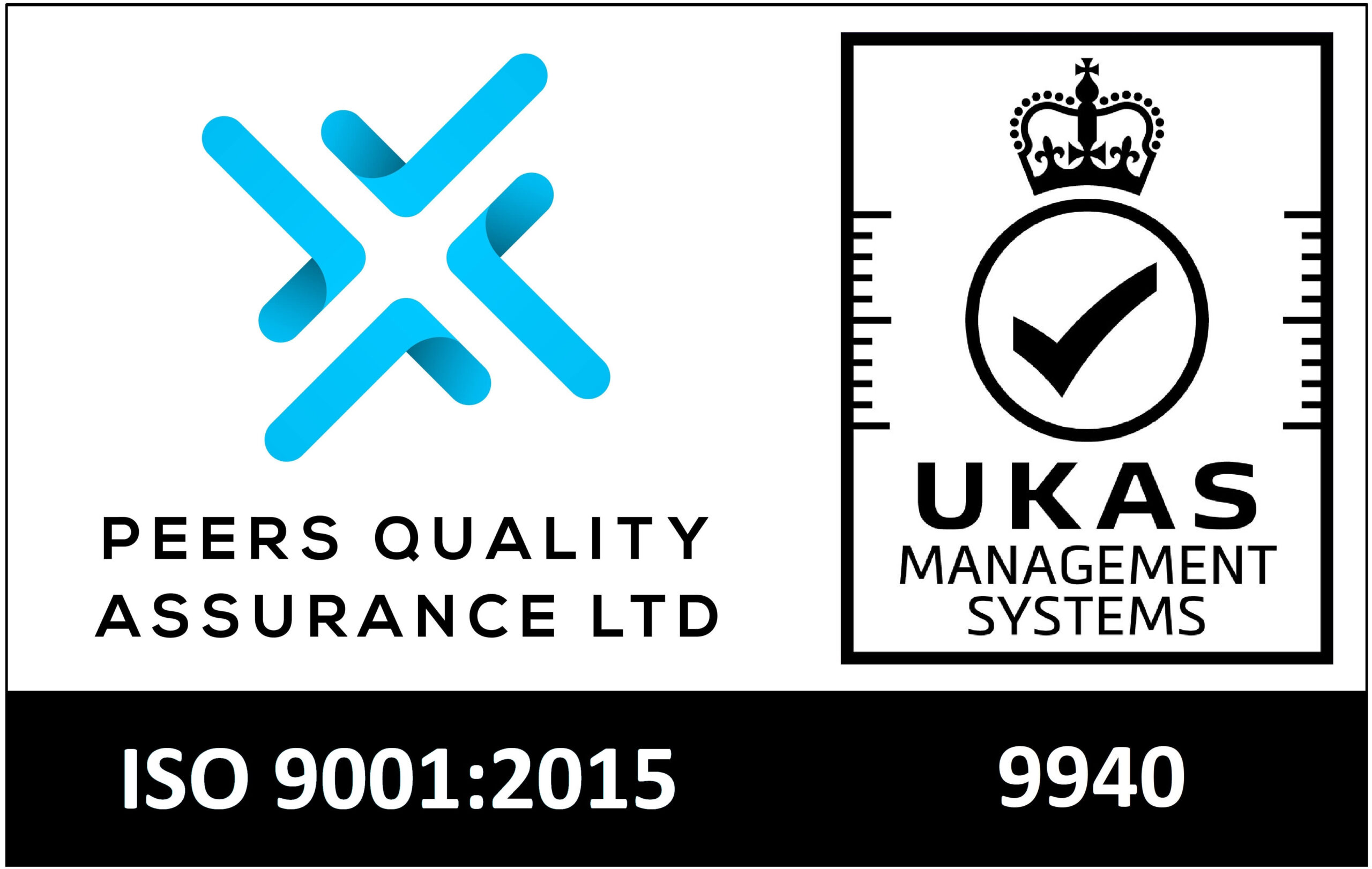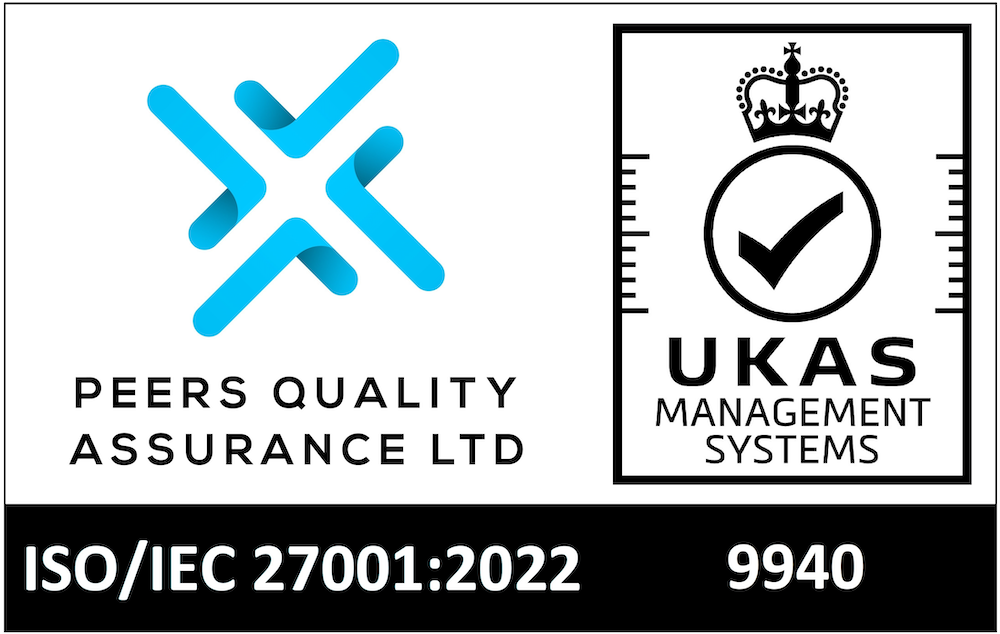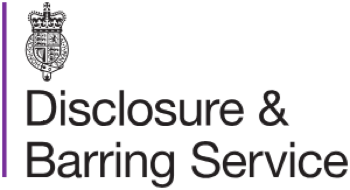Author: Joey Lyons
With a change in government for the first time in 14 years after the General Election, it’s reasonable to expect changes in the job market. The Labour Party won 411 seats in July’s General Election, generating a landslide win over the opposition. With such a sweeping change in government, it could bring changes for businesses all over the UK. While it will be clear where some of the changes for government plans could emerge from, it’s worth considering the further reaching implications for the job market and for HR processes across the board.
Potential Changes to Employment Law
The Labour Party has been clear throughout their campaigning that they would put in place changes to employment laws. While it is not yet clear exactly what those changes might be, the Labour government will be keen to secure the best deal for working people and it may impact employers in terms of moving from a national minimum wage to a genuine living wage as standard. With a new bill promised within the first 100 days of office, it is likely that businesses and organisations may be faced with measures for increased worker protection.
Employment Changes after the General Election
It isn’t possible to second guess exactly what that bill will include, but Labour’s focus has always been on the experience of the working people, so it is reasonable to think that there may be changes in sick pay, flexible working rights, parental leave and zero-hour contracts. With a strong commitment to their ‘Plan to Make Work Pay’ it’s also fair to anticipate changes to legislation, particularly against the backdrop of the cost-of-living crisis.
With a change in government from Conservative, focused on economic growth, to the Labour Party, with stronger trade union links, it is reasonable to suggest that any changes may be more dramatic than we have seen in some time as the new Labour government settles in.
Will Public Sector Employment Change?
It is not obvious at this point if there will be an impact on public sector and civil service recruitment. What is highly likely to remain in place is the recruitment process for individuals either entering the civil service or public sector and the requirement for pre-employment checks for both permanent members of staff and contractors.
What Pre-Employment Checks are Currently Required?
Many public sector and civil service jobs and consultancy roles require BPSS Clearance. BPSS stands for Baseline Personnel Security Standard and, to get clearance, you will need to undergo a BPSS check which is a UK pre-employment background check. BPSS checks are in place to help combat illegal workers and identity fraud.
Candidates for public sector or civil service roles or working in a role that gives access to sensitive information, may be asked to undertake a BPSS check before the role starts. It is common procedure that the potential employer would request a BPSS check to be carried out on candidates. However, consultants operating through their own company can request a BPSS check on themselves.
What’s Involved in a BPSS Check?
With 4 key elements to a BPSS check, all 4 parts must be passed to secure a BPSS security clearance. The 4 parts of a BPSS check are:
- Right to work check — checks nationality and immigration status
- Identity — full and comprehensive ID check
- Criminal records — As part of the BPSS, we carry out a Basic DBS criminal record check
- Employment history check — confirmation of (minimum) past three years of employment
Will BPSS change under a Labour Government?
The Baseline Personnel Security Standard was introduced in 2006, almost 20 years ago, and it was stipulated as the minimum pre-employment security screening requirement for individuals working within or on behalf of government departments.
From what is currently known, it seems that there are no plans to change the BPSS screening as part of the new Labour government. However, pre-employment screening is subject to frequent change, and this can often emerge from a change in legislation.
What happens if there are changes to the BPSS?
If and when changes are made to the BPSS requirements, the Home Office will communicate this out through digital channels. Reviewing background screening requirements is a continuous process, although there are times at which change may be more likely. With a new government leading the country, it is possible that we may start to see changes in the coming months.






